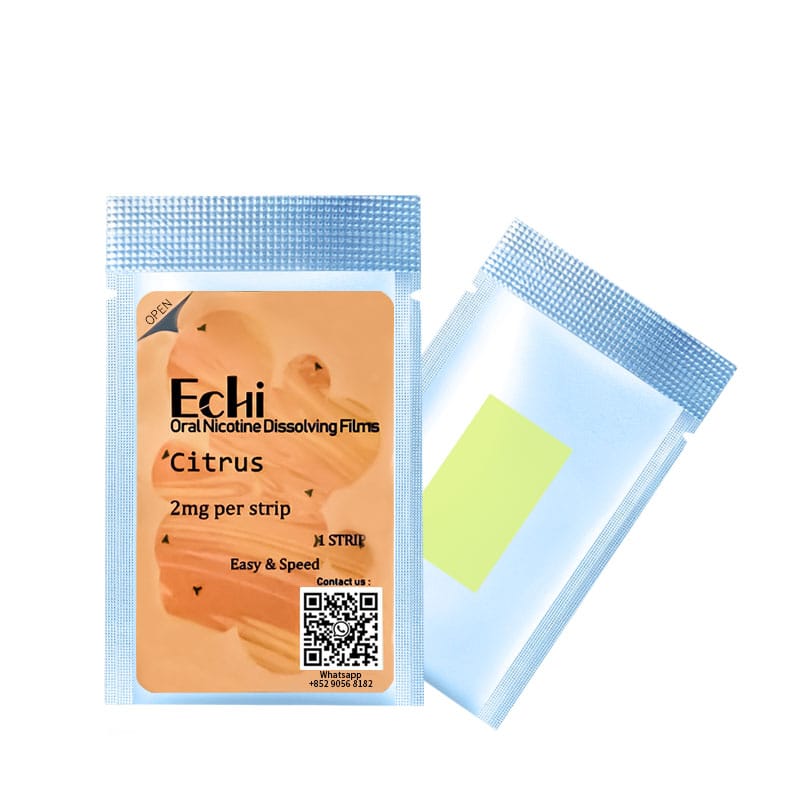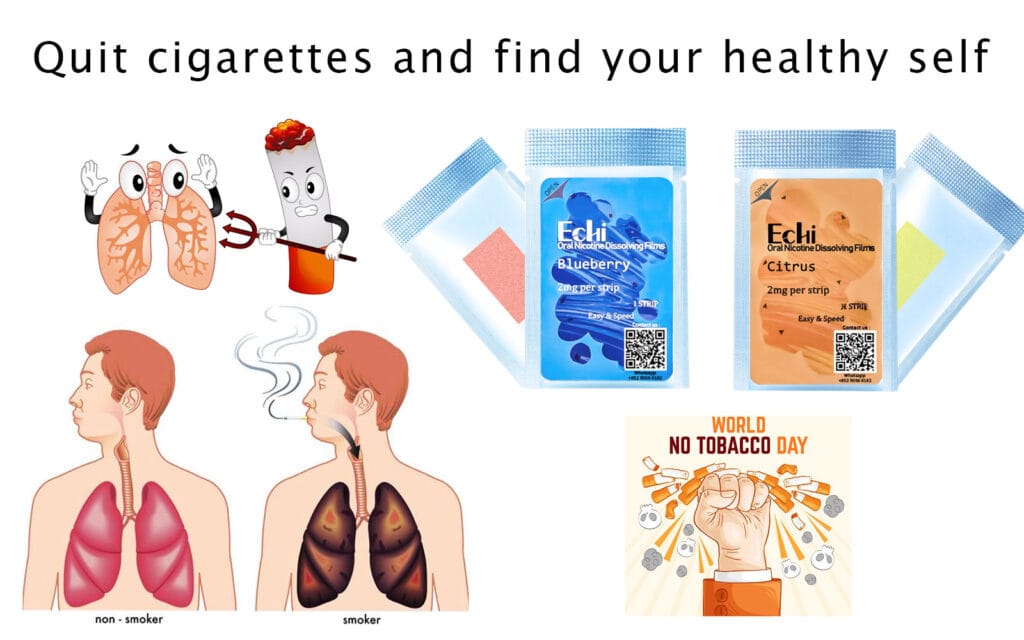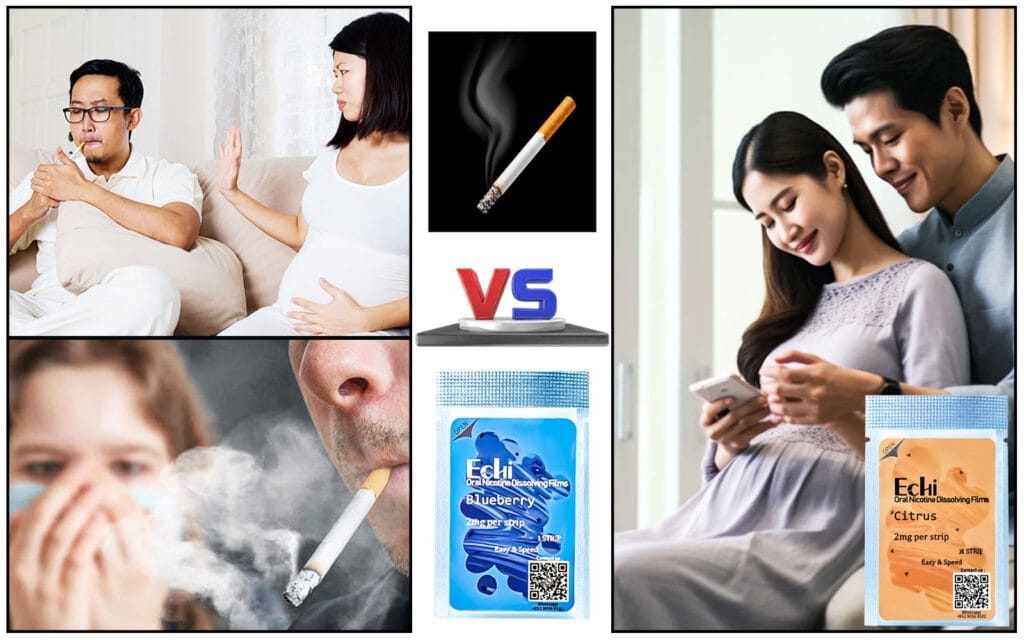The main reason why nicotine pouches burn is because of chemical irritants, high nicotine content, or pH levels. Other factors that may cause a nicotine pouch to burn are flavoring agents, a torn or damaged pouch, and pre-existing dental conditions.
It’s important to understand that one of the typical effects of nicotine pouches is a tingling sensation, which might feel like a burn to some people. This article will help differentiate between a tingle and a burn, explain the causes behind it, and address some common myths. By the end, we’ll clear up the confusion and put your mind at ease.
What Causes Nicotine Pouches to Burn?
A major reason people experience a burning sensation while using nicotine pouches is the high pH levels. Different nicotine pouches have varying pH values, typically ranging from 7 to 8. According to NCBI, the average pH of human saliva falls between 6.2 and 7.6.
When using nicotine pouches with higher pH values, you may feel a mild burning or tingling sensation. This effect is even more noticeable with mint-flavored nicotine pouches, which activate TRPM8 receptors, making gums and teeth more sensitive.
Here are some other reasons why nicotine pouches might cause a burning sensation in your mouth:
1. High Nicotine Content
Nicotine triggers the same nerve receptors as capsaicin, leading to a slight burning or tingling sensation in your mouth. Naturally, nicotine pouches with higher nicotine levels tend to cause more noticeable irritation than milder pouches.
How to avoid it?
- Use nicotine pouches that match your tolerance level.
- Avoid placing the pouch under your lower lip.
2. Chemical Irritants
Some flavorings and additives in nicotine pouches can act as chemical irritants, causing a burning sensation. It’s important to note that the effect can vary from person to person, as factors like saliva composition, diet, and gum structure differ.
How to avoid it?
- If you have sensitive gums, stay away from mint-flavored pouches.
- Opt for pouches with lower nicotine and pH levels.
3. Direct Contact Between Nicotine and Gums
Nicotine pouches are typically made of plant-fiber materials that act as a buffer between the nicotine and your gums. However, if the pouch is torn or damaged, nicotine powder may leak, causing irritation or burning between your upper lip and gums.
How to avoid it?
- Never use a damaged nicotine pouch.
- Avoid chewing or biting on the pouch.
4. Prolonged Use of Nicotine Pouches
Extended use of nicotine pouches can sometimes increase gum sensitivity. If you use pouches for long periods without breaks, the resulting irritation can feel like a burn, though it’s not harmful to your oral health.
How to avoid it?
- Alternate the pouch’s placement between different sides of your mouth during consecutive uses.
- Take a 20- to 30-minute break between pouches.
Are Nicotine Pouch Burns Dangerous?
The burning sensation caused by nicotine pouches is generally not dangerous but can be irritating. When your gums burn, they become more sensitive, which might increase the risk of damage. Additionally, if a pouch is too strong for you, it could lead to excessive nicotine intake, so it’s essential to listen to your body and adjust accordingly.
Nicotine Burn vs. Tingling Sensation
Many people confuse the normal tingling sensation of nicotine with a burn, leading to unnecessary concern. The tingling represents the early stages of a nicotine buzz. As the nicotine interacts with the mucous membranes in your mouth, it quickly enters your bloodstream and activates nicotinic acetylcholine receptors, triggering the release of neurochemicals like adrenaline, dopamine, and serotonin.
This tingling sensation typically lasts for a short period, signaling the onset of nicotine’s effects. In contrast, a nicotine burn is more prolonged and feels uncomfortable, similar to holding an ice cube or drinking something too hot. While tingling usually starts a few seconds or minutes after placing the pouch, a nicotine burn can occur almost instantly.
Tips to Avoid Nicotine Pouch Burns
Here are four simple ways to prevent nicotine pouch burns:
- Use the right nicotine strength: Start with a lower nicotine level, such as 3 to 6 mg, especially if you’re new to nicotine pouches.
- Avoid high pH products: Nicotine pouches with higher pH values are more likely to cause burns with prolonged use. Check the packaging for pH levels.
- Don’t use pouches back-to-back: Give your gums time to recover between uses. Rinse your mouth, have a snack, or drink juice between pouches.
- Avoid using damaged pouches: Don’t use pouches that are torn or damaged. If you prefer something chewable, try alternatives like chewing bags.
For better overall health, limit your daily usage of nicotine pouches. On average, using no more than 10 pouches per day will help avoid potential side effects.
Is Nicotine Burn a Sign of Cancer?
No, nicotine pouch burns are not a sign of cancer. A common misconception is that nicotine causes cancer, but according to Cancer Research UK, nicotine itself is not carcinogenic. Instead, it’s the toxins and smoke from burning tobacco that are responsible for cancer.
The burning or tingling sensation you feel from nicotine pouches is not an indication of cancer. In fact, nicotine pouches are one of the least harmful oral products compared to traditional tobacco.
Do Nicotine Pouches Damage Gums and Teeth?
When used correctly, nicotine pouches do not cause significant damage to gums and teeth. Their impact is much less severe than tobacco products like cigarettes, hookahs, or vapes.
That said, it’s still important to maintain good dental hygiene. For more detailed information, we have a separate guide that addresses the connection between popular nicotine pouch brands and oral health concerns.
Conclusion: Nicotine Pouches Burn When They’re Too Strong
A nicotine pouch is most likely to cause a burning sensation when its nicotine content exceeds your tolerance level. Other causes include high pH levels, prolonged use, and chemical irritants. While this burning sensation isn’t dangerous, it can be uncomfortable.
To prevent burns, take breaks between uses, choose the appropriate nicotine strength, and follow proper oral hygiene practices. If the burning sensation persists or worsens, it’s always best to consult a dentist for further advice.







